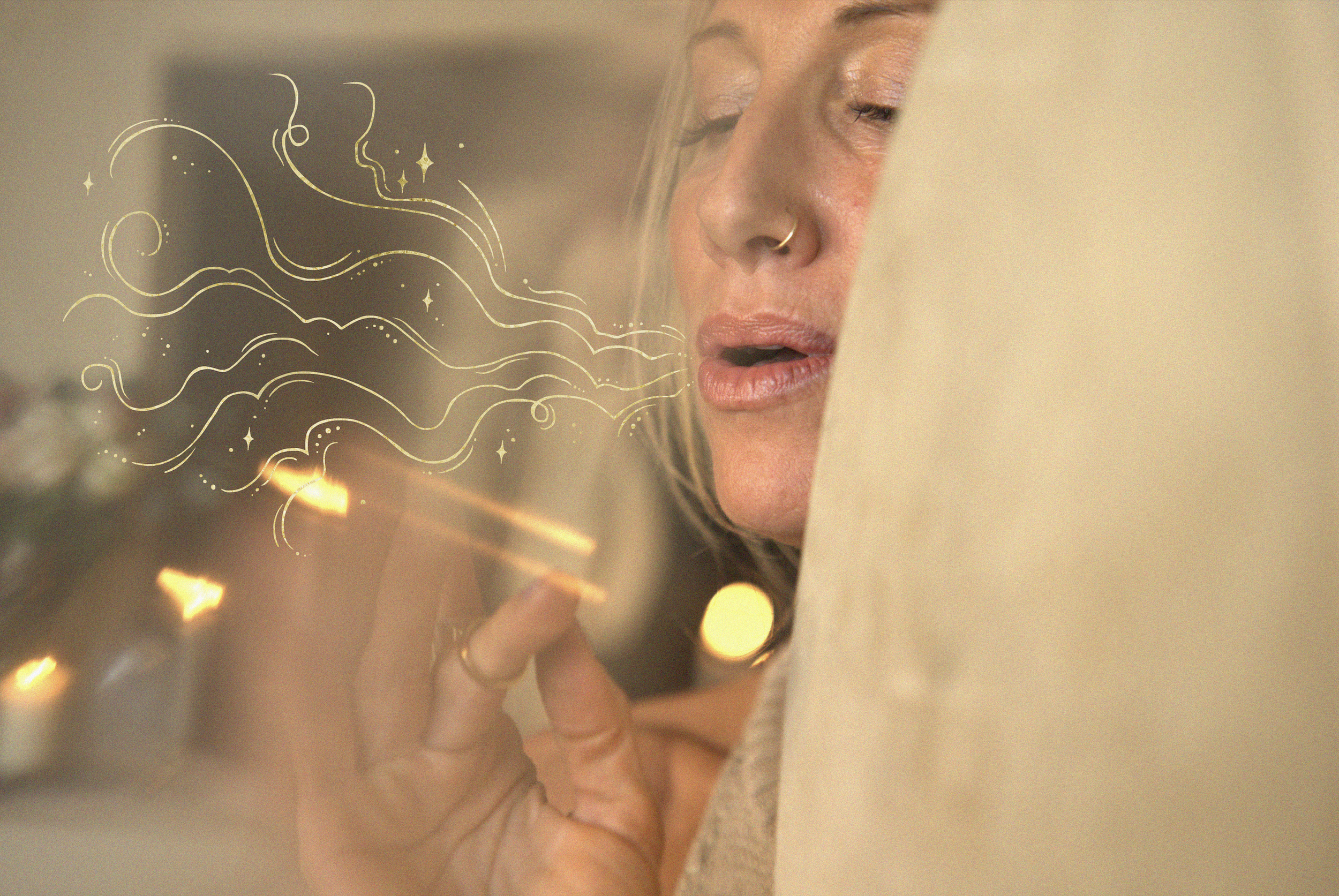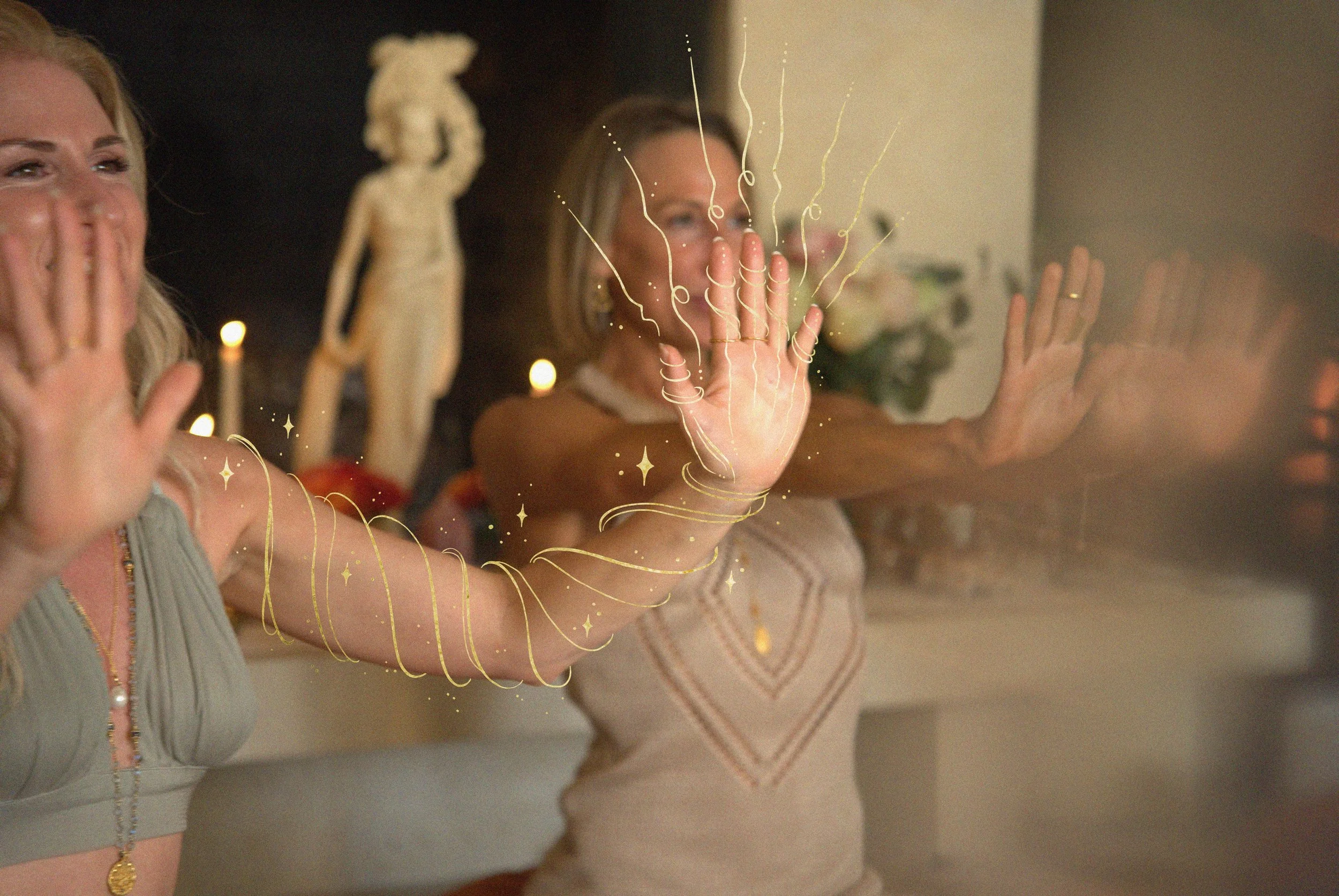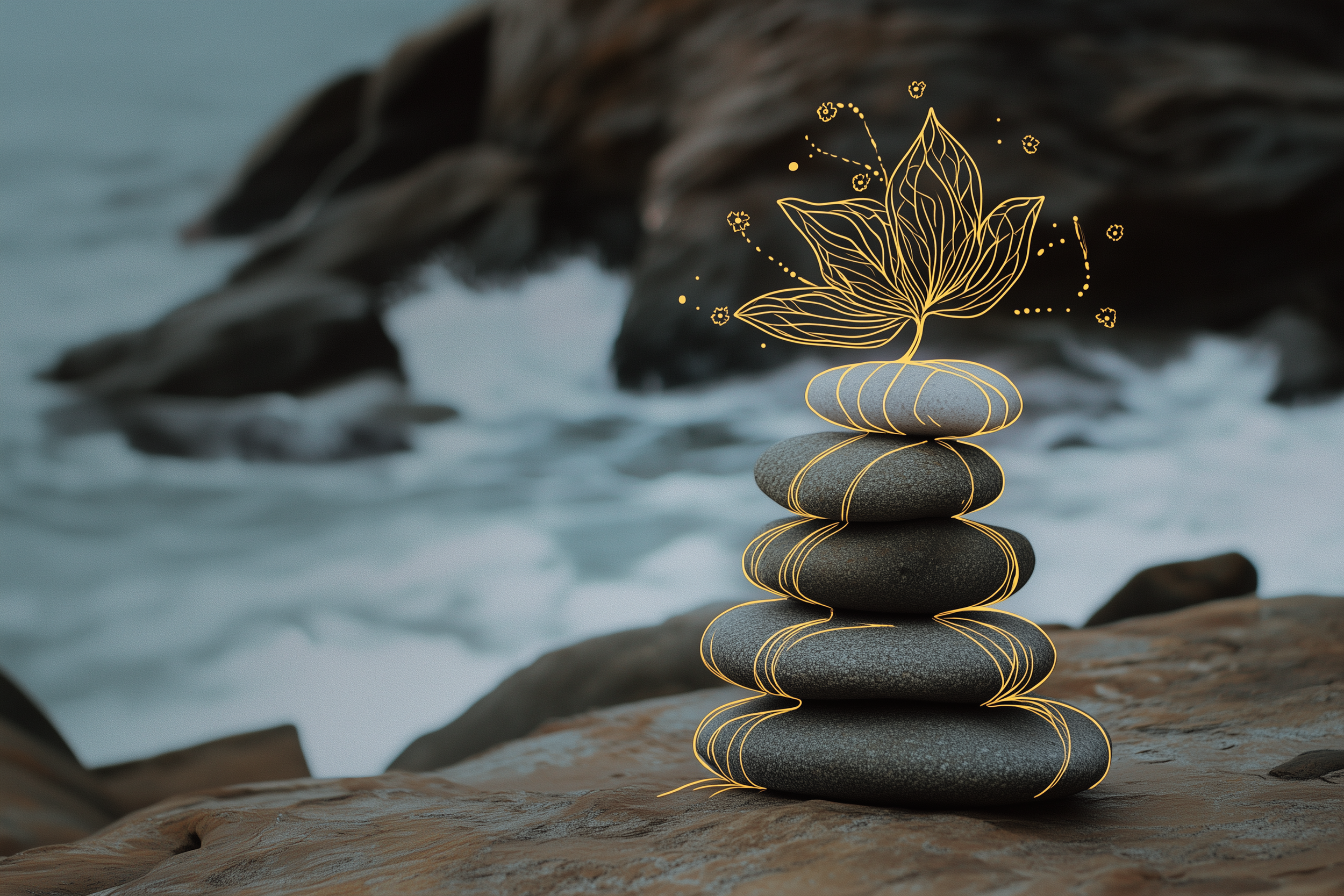

In a time of great transition on our planet,
we are being called into radical remembrance of who we are and how we live.
MWALI is a response to this call—a cultural and spiritual reorientation that fosters:
A culture of love, devotion,
and embodied truth
Regenerative relationships with nature, community, and the unseen world
Deeper connection
with one’s inner divinity
Living “life as ceremony” is not about performance. It’s about presence and participation.
It’s not about expecting every moment to be easy—it’s about remembering that every moment is meaningful. By anchoring in this awareness, we walk the beauty way.
We become emissaries of love.
We build a new culture—one breath, one act, one sacred step at a time.


Our mission is to reimagine church for the modern renaissance by cultivate a global culture of love, devotion and sacred reciprocity through immersive gatherings, sacred ritual, interactive musical experiences, rich storytelling, and accessible spiritual teachings.
We offer a blueprint to support shifting the dominant culture from one of separation, fear and consumption to one of connection, love and co-creation by integrating ancient feminine wisdom and shamanic practice into transformational social technologies for the modern world.

Our Legacy
MWALI is more than a foundation—it is a living “altar” and a field of physical and virtual temples to awaken our embodied divinity and radical self-remembrance.
The MWALI altar serves as a sacred bridge between past, present and future. Through transformative experiences—rituals, storytelling, music, and initiatory journeys—we create spaces where spirituality is woven into daily life. Our legacy is one of rekindling ancient truths in a modern world, inspiring a shift from consumer culture to creative culture, inservice of humanity becoming a more beneficial presence on the planet.
As AI becomes a more powerful force in the world, we are creating balance by investing in organic intelligence—a cultural revolution that nurtures intuition and instinct from a rested individual and collective nervous system that restores the power of love and authentic connection. We offer roadmaps for people to step into remembrance of our true nature, 100% human, 100% divine.
The 8 Pillars of MWALI are the keystones in that map.

The 8 Pillars of MWALI
Sacred Reciprocity
Tracking the balance between what we are offering and what we are receiving, honoring the natural flow of life as an exchange of energy and resources.
Right Relationship
A guiding force that has us continually reflect on our relationships—with ourselves, our families, our communities, nature, and the spiritual realm—so we can move in alignment with trust, intimacy, generosity, and receptivity.
The Beauty Way
Remembering ourselves as beauty makers and artists of our lives, embracing our innate capacity to be a cooperative component in creating a more beautiful and harmonious world for all.
Inner Divinity
Recognizing that we are not separate from nature and that we all carry the essence of divine creation within us–fully human, fully divine. “God” is not outside us, but with and all around us.
Non-Rejection
Welcoming and integrating all aspects of ourselves, including the forgotten and shadowed parts, knowing that healing and wholeness come from embracing what was once rejected.
Feminine Leadership
Honoring collaboration, relational wisdom, and the nourishment of life as essential forces for a thriving world, while breaking cycles of patriarchal patterns to restore balance and harmony.
Erotic Innocence
Reclaiming our sensuality and sexuality as sacred, recognizing it as an access point to our creative power, free from repression, shame, or over indulgence.
Love
The highest guiding force and frequency, love is the essence that connects us to all of life and brings us home to who we truly are.


The Beauty Way
The phrase “walking the Beauty Way” originates from the Navajo (Diné) spiritual tradition, where "Beauty" (Hózhó) represents a foundational concept of harmony, balance, and right relationship with all of life.
The MWALI altar incorporates this concept as a daily contemplation to rekindle our wholeness and multi-dimensionality, so we spend less time in distractions and more time remembering ourselves as beauty makers and co-creators of our reality. We take time to appreciate, nurture and contribute to the beauty all around us, within us, and that which is uniquely ours to create.
Within MWALI, we believe that when people are healthy, whole, and in right relationship with themselves, each other, nature, and the Divine, all that there is left to do is create beauty.

MWALI is rooted in the principle of Tri Hita Karana:
Living in right relationship with the unseen,
with nature, and with humanity.
These principles serve as our energetic compass,
guiding us to act with reverence, coherence,
and deep alignment in all that we create.

1. Pawongan
(Harmony with Humanity)
True harmony with ourselves and one another begins with radical presence and sacred reciprocity. It is about cultivating relationships that are rooted in integrity, mutual care, and shared growth.
We create sacred spaces where every individual is seen, valued, and uplifted. This principle calls us to move beyond transactional connections into a way of being that honors our interdependence and collective evolution.
2. Palemahan
(Harmony with Nature)
Nature is not merely a resource but a living, breathing intelligence that we are intrinsically woven into. To be in right relationship with the Earth is to walk with reverence—acknowledging the cycles, rhythms, and sacred balance that sustain life. Through regenerative practices, ecological stewardship, and alignment with natural seasons and energies, we honor the land as teacher, healer, and sacred partner in our journey.
3. Parhyangan
(Harmony with the Divine)
Living in right relationship with the unseen realm means honoring the sacred intelligence that moves through all things. This is a practice of deep listening—through prayer, meditation, ritual, and communion with spirit. It is about remembering that we are not separate from the divine but active participants in a greater unfolding, attuning ourselves to the wisdom that guides and shapes our path.






